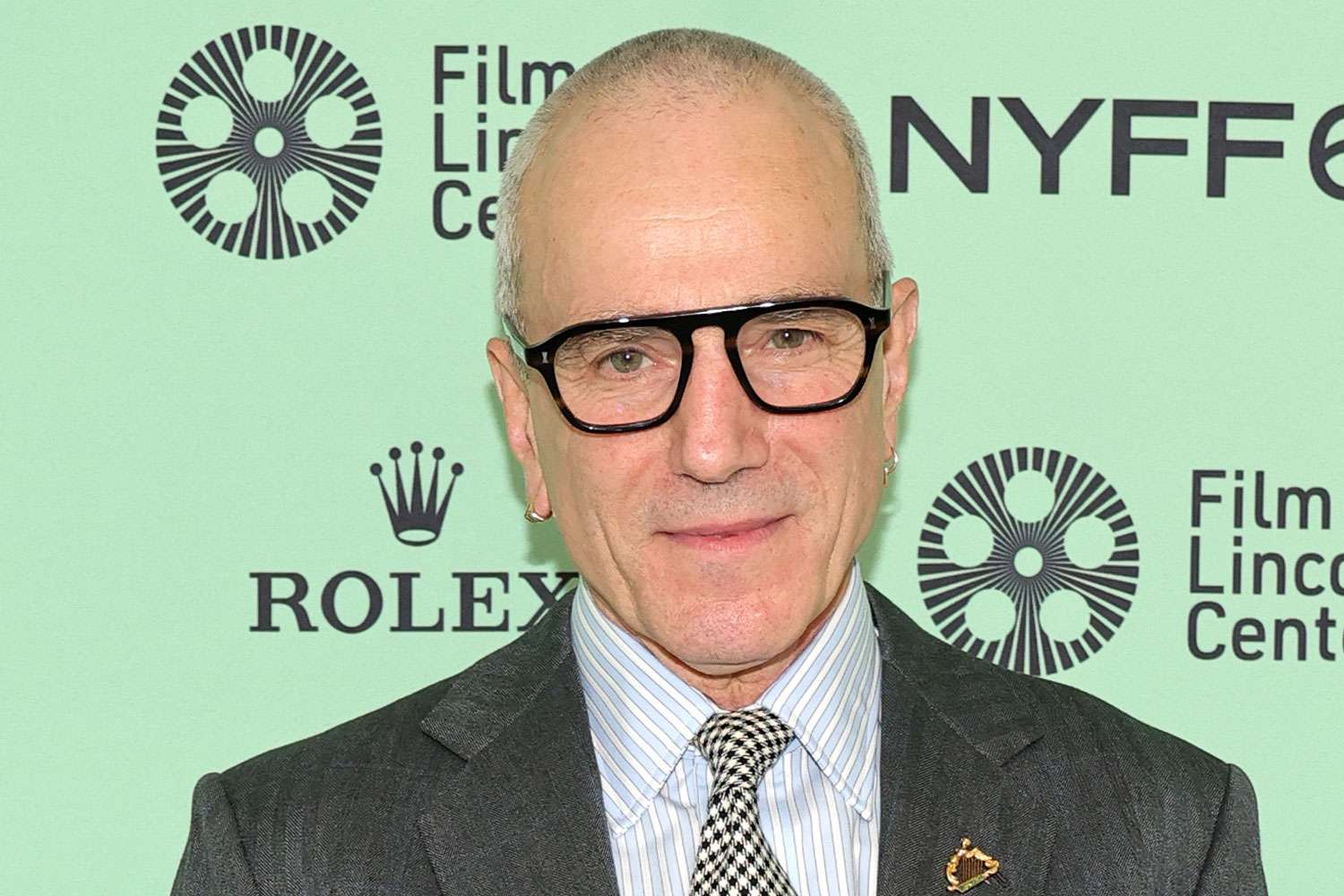
Daniel Day-Lewis Speaks Out Against Misuse of the "Method" Label
Daniel Day-Lewis, one of the most celebrated actors in film history, has voiced his frustration with how the term “Method” is often used in a negative or dismissive way. He feels that the phrase has become a shorthand for describing extreme behavior, rather than recognizing it as a legitimate and valuable approach to acting.
“I’m a little cross these days to hear people using the word ‘Method’ like it’s a dirty word,” Day-Lewis said in a recent interview. The actor, who has won three Academy Awards, two Golden Globes, and four BAFTA awards, emphasized that the Method should not be associated with eccentric or inappropriate conduct.
He explained that while there are techniques involved in acting, the focus should not be on superficial aspects like self-punishment or mental discomfort. Instead, he believes the core of acting lies in internal work and emotional truth.
Day-Lewis has always been known for his deep immersion into roles. Over his four-decade career, he has taken on complex characters, often altering his mannerisms and speech patterns even when not on camera. However, he has never explicitly identified himself as a practitioner of the Method, despite being trained in the Stanislavski tradition.
Konstantin Stanislavski, the Russian theorist behind the original system, laid the foundation for many modern acting techniques. The Method was later expanded by groups like the Group Theatre and The Actors Studio, and teachers such as Stella Adler and Lee Strasberg. But Day-Lewis believes that the public perception of the Method has become distorted.
“People tend to focus on the less important details, which often involve some form of self-flagellation or extreme discomfort,” he said. “But the real work is about the internal process.”
Despite his long retirement from acting, Day-Lewis recently made a return in Anemone, a new drama directed by his son, Ronan Day-Lewis. This marks a rare comeback for the actor, who had previously stepped away from the industry after a long and distinguished career.
He also pointed out that the Method is sometimes misunderstood as requiring excessive calculation. In reality, he says, it’s more about creating a solid foundation that allows the imagination to flourish.
Not All Actors Are the Same
While Day-Lewis has maintained a certain distance from the Method label, other actors have embraced it more openly. For example, Jeremy Strong, known for his role in Succession, has faced criticism for his intense commitment to his character. His portrayal of Kendall Roy has drawn mixed reactions, with co-star Brian Cox once calling his style “f---ing annoying.”
Other notable actors who have used the Method include Christian Bale, Jared Leto, and Andrew Garfield. Each of them has taken their craft to extremes, often going beyond conventional approaches to fully embody their roles.
This trend has sparked debates about what it truly means to be an actor. Some argue that the Method can lead to extraordinary performances, while others worry about the toll it may take on an actor's mental health.
The Legacy of the Method
Despite the controversies, the Method remains a significant part of acting education and practice. It continues to influence generations of performers, offering a structured approach to understanding and portraying characters.
Day-Lewis’s comments highlight the need for a more nuanced discussion about acting techniques. Rather than reducing them to stereotypes or caricatures, he encourages a deeper appreciation for the artistry involved.
As the entertainment industry evolves, so too must our understanding of the tools and methods actors use to bring stories to life. Whether through the Method or other approaches, the goal remains the same: to create compelling, authentic performances that resonate with audiences.

Post a Comment